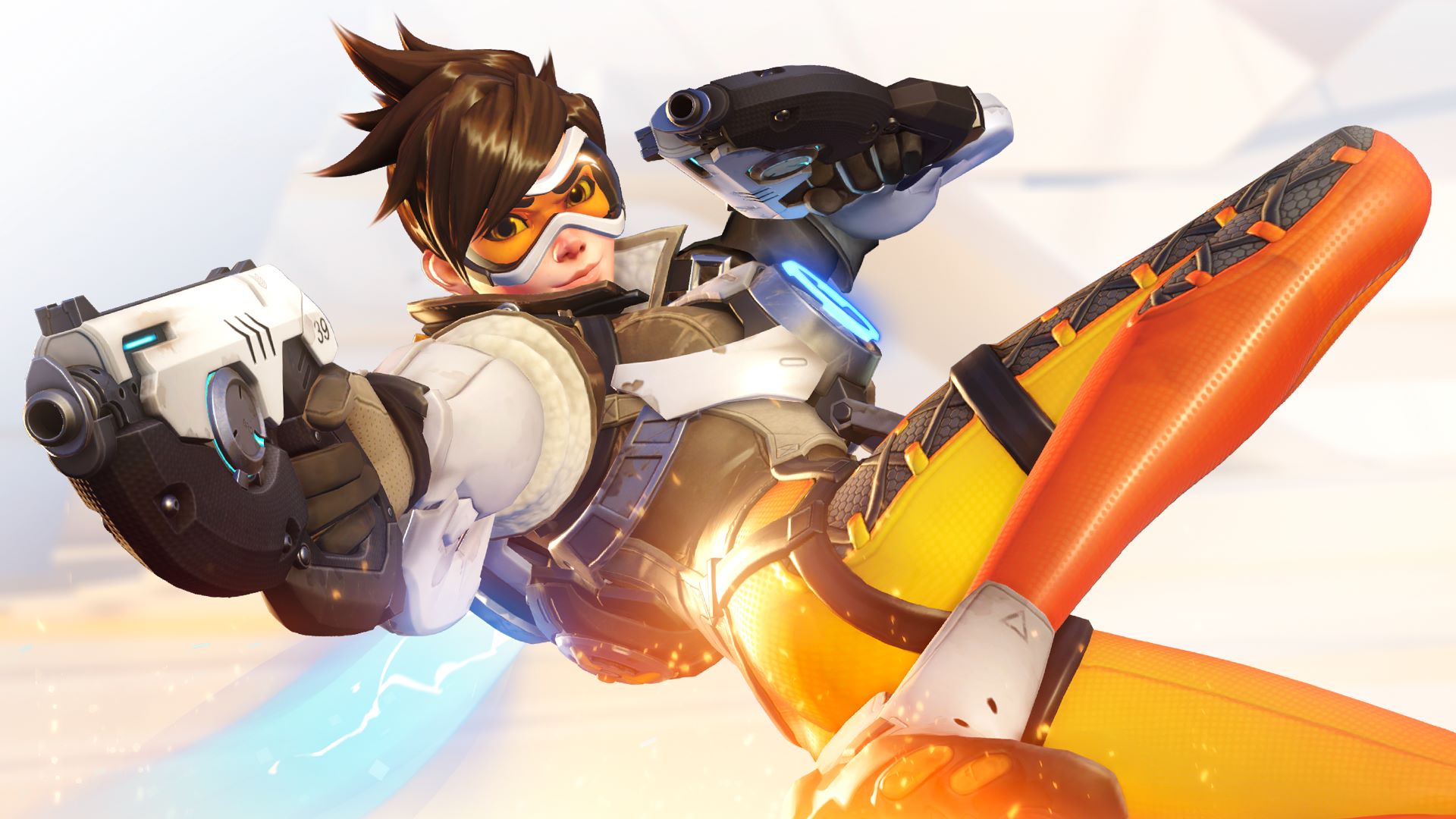Three weeks into the season, the Overwatch League has been shaken up by new arrivals, causing old stalwarts to stumble.
Eight new teams have joined the Original 12 and, at the time of writing this article, all but one of those eight new teams has an even or a positive record. At the same time, three of the top four finishers in last year’s regular season, the Los Angeles Valiant (0-5), Boston Uprising (2-3) and the Los Angeles Gladiators (1-4), all find themselves at the bottom of the standings.
However, the king still stands. The New York Excelsior (6-0), the dominant team throughout the entire inaugural season, still sits at the top, but there is a challenger. The Vancouver Titans (4-0), an expansion team, are the only other undefeated team at this point and are sitting in second place followed by the Atlanta Reign (3-1), another expansion team, in third.
Although it is still very early in the season, if these trends hold the stage and season playoffs will see several new teams competing, which is exciting for the growth of the league, and proves there is a large body of untapped talent outside of the league for future teams to draw upon.
As to why previously successful teams have been unable to produce wins, all three of the aforementioned teams have lost star players. Three of the Uprising’s core players were transferred: Nam-Ju “Striker” Gwon to the San Francisco Shock (3-2), Se-hyeon “Neko” Park to the Toronto Defiant (3-2), Young-jin “Gamsu” Noh to the Shanghai Dragons (2-3).
The last transfer occurred only days before the league opener, forcing the Uprising to call up Cameron “Fusions” Bosworth from their academy team to fill Gamsu’s spot and play the first games of the seasons with the team unused to working together.
The Los Angeles teams also lost critical talent, with the Valiant losing Terence “Soon” Tarlier to the Paris Eternal (2-1). The Gladiators’ Chan-Hyung “Fissure” Baek, credited with leading them to a comeback performance after a mid-season acquisition last year, left the team for the Seoul Dynasty (2-3).
Beyond losing star players, many teams have struggled with the new metagame that has developed in the off season. Overwatch is a video game that is constantly patched and updated, and accordingly strategies wax and wane in power and popularity, with the most dominant tactic defining the metagame.
While traditional sports have rule changes that impact the game, like the “dead ball” vs “live ball” era in baseball, those changes are measured in years and decades, while esports metagames are measured in weeks and months.
The current metagame, dubbed “3-3” by the commentators, focuses on teams playing three tank heroes and three support heroes in a tight grouping, similar to “deathball” compositions of metagames past. The composition, brimming with powerful healing and shields, is resistant to traditional DPS heroes that previous metagames relied upon. Therefore, players specialized in DPS heroes may be underutilized in this metagame and find themselves falling prey to teams with more adaptable lineups and players who can flex to tank or support heroes more deftly.
Regardless of explanation, new teams are performing well and many previously stellar teams have struggled to get off the ground. New stars are rising and breakthrough teams are being forged; the order is being reshuffled, and it’s a thrilling time to watch Overwatch.



